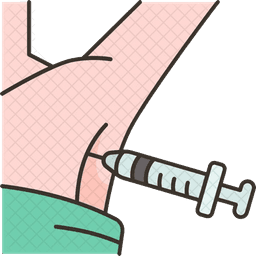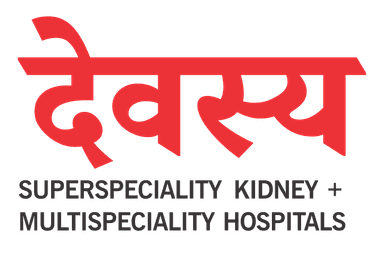Neuromuscular Disorders Treatments & Surgery
How Devasya Hospital helps to cure neuromuscular disorder?
Devasya Hospital is the best hospital for treating neuromuscular disorders. With a specialized team of neurologists, neurosurgeons, and experts, the hospital provides patients with the highest level of care. Their multidisciplinary approach ensures comprehensive neuromuscular disorder treatment and diagnosis using cutting-edge technology.
The hospital offers advanced diagnostic tools, including electromyography (EMG) and genetic testing, to pinpoint the exact neuromuscular disorder, a critical step in effective treatment. Collaborative efforts with respiratory therapists, speech therapists, and occupational therapists ensure holistic care.
Devasya Hospital provides a range of treatment options, from medications and physical therapy to surgical interventions when required. Rehabilitation services are available to help patients regain and maintain independence and quality of life. The hospital also focuses on emotional support and patient-centered care, tailoring treatment plans to individual needs and preferences. Their dedication to patient well-being and cutting-edge care makes them one of the best choices for individuals with neuromuscular disorders.
FAQs
A neuromuscular disease is a medical condition that affects the nerves that control voluntary muscles and the muscles themselves. These disorders disrupt the communication between the nervous system and muscles, leading to a range of symptoms, including muscle weakness, atrophy, and impaired muscle control.
Neuromuscular diseases can have various causes, including genetic mutations, autoimmune reactions, infections, or unknown factors. Inherited genetic mutations are a common cause, leading to disorders like muscular dystrophy. Autoimmune reactions, like in myasthenia gravis, involve the immune system mistakenly attacking neuromuscular connections. Infections, such as Guillain-Barré syndrome, can trigger temporary neuromuscular issues.
Neuromuscular diseases are typically treated by neurologists, who specialize in disorders of the nervous system. A multidisciplinary approach may involve respiratory therapists, speech therapists, occupational therapists, and physical therapists, depending on the specific needs of the patient.
Common symptoms of neuromuscular diseases include muscle weakness, fatigue, impaired muscle control, muscle wasting, twitching, and cramps. These disorders can also affect mobility, coordination, and, in severe cases, functions like breathing, speech, and swallowing.
Diagnosis typically involves clinical evaluation, medical history, and diagnostic tests. Neurologists often use electromyography (EMG) and nerve conduction studies (NCS) to assess muscle and nerve function. Blood tests may identify specific markers or antibodies related to certain disorders. Imaging techniques like MRI and CT scans can rule out other causes, and in some cases, a muscle or nerve biopsy may be necessary for a definitive diagnosis.
Treatment varies depending on the specific disorder but may include medications, physical therapy, respiratory support, and surgical interventions. Speech therapists help manage swallowing difficulties, and occupational therapists focus on daily living needs. In some cases, genetic counseling and assistive devices can be part of the treatment plan. The approach is highly individualized to address the patient's unique needs and goals.



